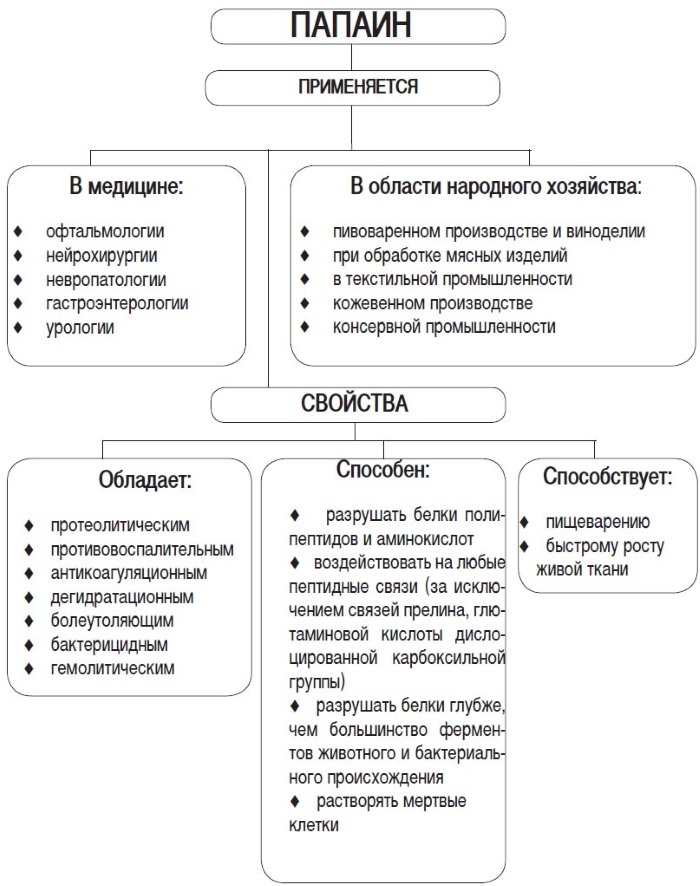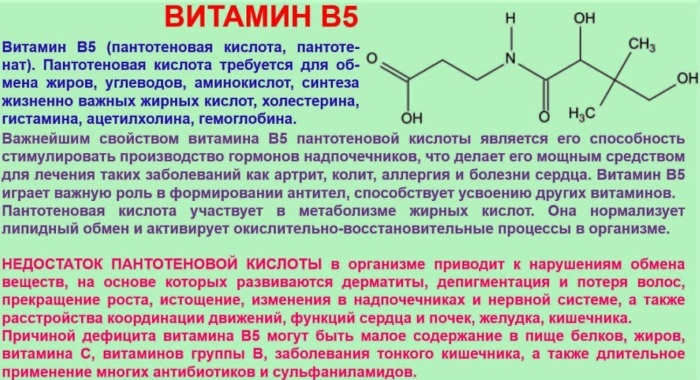Calcium is considered one of the most important mineral components necessary for the normal functioning of internal organs. With its lack, various pathologies develop, the general condition worsens.
That is why doctors often prescribe a drug in tablets to compensate for the deficiency of the substance. It is cheap, quickly absorbed, and is usually well tolerated by patients of all ages.
Record content:
- 1 Indications for use
- 2 Compound
- 3 In what form is it produced
- 4 Pharmacodynamics
- 5 Pharmacokinetics
-
6 Application
- 6.1 For children under 18
- 6.2 For adults
- 6.3 For pregnant
- 6.4 For the elderly
- 7 Contraindications
- 8 Overdose
- 9 Side effects
- 10 Drug interactions
- 11 Storage conditions and periods
- 12 Conditions of dispensing from pharmacies
- 13 Analogs
- 14 Video about calcium tablets
Indications for use
A pharmaceutical tablet formulation is a medication that helps restore the balance of calcium in the body and prevent the development of complications caused by deficiency ingredient. The drug also helps to normalize the exchange of calcium and phosphorus in the body.
The main indications for prescribing a medicinal product:
- Disruption of the metabolism of phosphorus and calcium in the body, deficiency of vitamin D. the latter condition often leads to the development of rickets in children, therefore, the use of the medication helps to significantly reduce the risk of such complications.
- Diagnosis of calcium deficiency in the body of varying degrees of neglect.
- Osteoporosis in patients of different ages. Usually, the pathology affects women during menopause, it is considered the result of a hormonal imbalance followed by intensive leaching of calcium from bone tissue.
- Intense physical activity, which requires filling the deficiency of important components.
- Pathologies of the cardiovascular system, developing against the background of a decrease in calcium levels and accompanied by a weakening of myocardial activity, fluctuations in blood pressure.
- The recovery period after fractures of the bones of the arms, legs, spinal column. The product helps to speed up the process of bone regeneration.
- The period of pregnancy and breastfeeding, when the need for calcium increases several times.
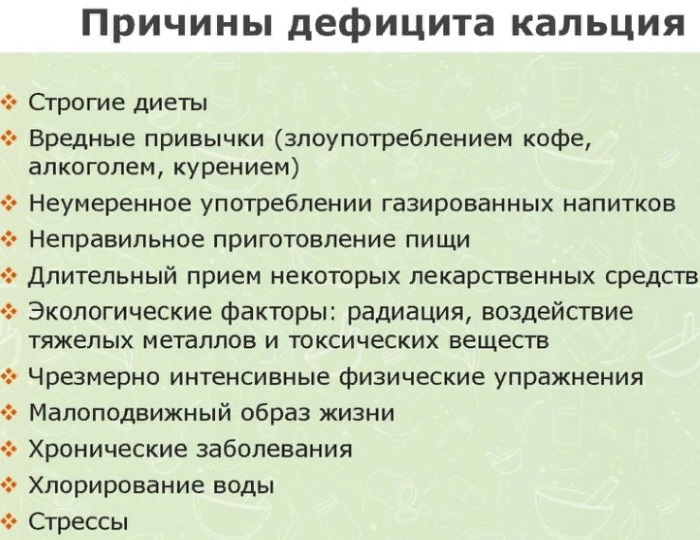
- Frequent use of diuretics, antiepileptic medications and other drugs that lead to intensive excretion of calcium from the body.
- Pathologies of the digestive tract of a chronic form, in which there is an intense excretion of calcium. For example, if you frequently vomit, diarrhea, and other disorders, you should take additional calcium.
- Chronic tuberculosis, complicated bronchial asthma. For such violations, the agent is used as an adjunct to the main treatment.
- Poisoning with magnesium, fluoric acid salts, oxalic acid. The drug acts as an antidote and helps to quickly improve the condition.
The drug can be used as an auxiliary method for the treatment of some forms of urticaria, allergic pathologies of a chronic nature, internal bleeding of varying severity.
Compound
Calcium in tablets (a cheap medication has the same pronounced effect as expensive analogs) contains calcium gluconate as the main active ingredient. It has pronounced hemostatic, detoxifying, anti-allergic properties.
The tablets contain auxiliary ingredients:
- Anhydrous silicon dioxide.
- Potato starch.
- Calcium stearate.
Additional substances have no therapeutic effect. Each tablet can contain 250 or 500 mg of the main substance.
In what form is it produced
The medication is available to patients in the form of tablets, as well as solution for intramuscular and intravenous administration. The tablets are medium in size, flat, round and white.
They are packaged in plastic or paper packs of 10. The tablets do not have a specific aroma; when taken, a neutral chalky taste can be noted. In an individual cardboard box, you can find 1, 2 or 10 blisters with tablets, instructions are always attached to them.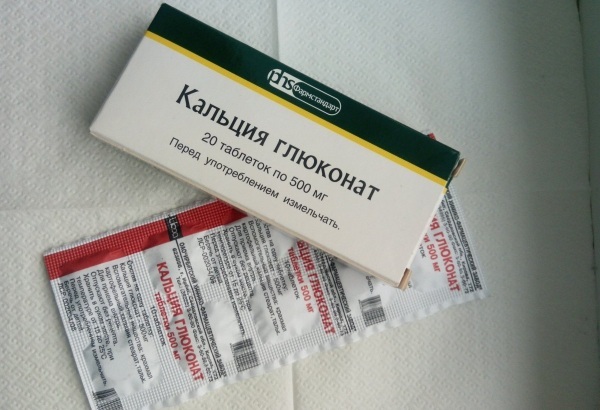
The solution is a clear, colorless liquid, packaged in glass ampoules of 1.2, 3, 5 or 10 ml. The cardboard box always contains detailed instructions for use and 10 ampoules with medication. The solution has no specific aroma and sediment.
The cost of tablets starts at 20 rubles. for 10 pieces. The solution costs about 100-300 rubles. depending on the manufacturer.
Pharmacodynamics
The drug has pronounced anti-inflammatory, detoxification and anti-allergic properties.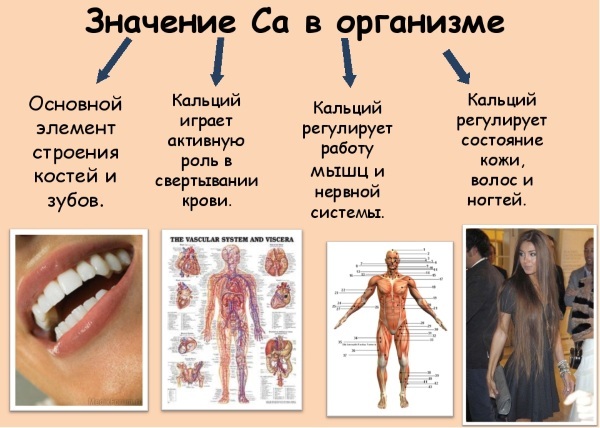
When using the medication, there is a weakening of allergic manifestations, an improvement in the functioning of the digestive tract, especially the liver. Patients note the elimination of signs of poisoning if the condition was provoked by drugs, low-quality products or poisonous substances.
Additionally, the agent weakens the manifestations of the skin, which has a beneficial effect on the course of the pathological condition. The ability of calcium to stimulate the work of the myocardium, to alleviate the course of angina pectoris, arrhythmias, and ischemic heart disease is noted.
The active substance of the agent takes part in blood coagulation, therefore, the agent is often included in the complex treatment of bleeding of varying intensity.
The drug replenishes the calcium deficiency in the body, normalizes phosphorus metabolism and improves the absorption of vitamin D. When applied, there is an acceleration of the processes of bone tissue regeneration in patients who have suffered injuries with bone fractures.
Pharmacokinetics
Calcium in tablets (a cheap medication is absorbed somewhat worse than its expensive counterparts) is rather quickly, but partially absorbed into the systemic circulation through the walls of the small intestine. After that, it is distributed through the blood and penetrates into tissues suffering from a deficiency of the substance.
The drug penetrates well through the placental barrier and passes into breast milk. Its maximum concentration in the blood is detected 2 hours after ingestion. The substance is processed in the liver, excreted by the kidneys and in small quantities with feces.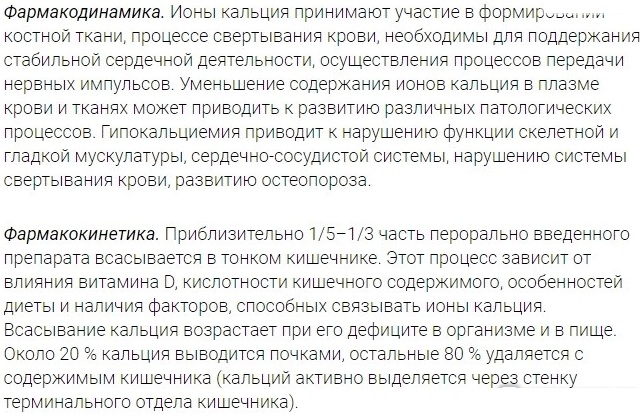
The withdrawal period takes no more than 1 day. With kidney damage, there is a slowdown in the elimination period. When using a solution for parenteral administration, there is a slight reduction in the period of absorption and excretion of the active ingredient.
Despite this, specialists use the solution only when a quick therapeutic result is required or it is not possible to prescribe tablets to the patient.
Application
The drug is taken orally in a dosage prescribed by a specialist. It may differ from patient to patient.
For children under 18
The remedy can be prescribed to patients from the first year of life, but under the strict supervision of a doctor and only according to indications. The dosage is assigned depending on the age. It is also worth remembering that the tablet can contain 250 or 500 mg of the active substance, therefore the dose is determined in milligrams.
| Patient age | Scheme of administration and dose |
| Children under 1 year | Such patients are given calcium only after examination and under the supervision of a physician, which can significantly reduce the risk of complications. Reception is carried out for 2 weeks. A single dose is 500 mg, taken 2 times a day. For ease of use, you must first grind the tablet into powder and mix with a small amount of water, milk, juice |
| Patients from 1 to 4 years old | Children at this age are prescribed 6 tablets per day with a dosage of 500 mg. Application is allowed no more than 3 weeks. Long-term courses are possible only with the permission of a doctor and if indicated. If the child is unable to swallow the tablet, it can be crushed and mixed with liquid |
| Patients from 4 to 9 years old | The daily dosage for such patients is 4 g, that is, 8 tablets with a dosage of 500 mg. All pills should not be taken at one time, the rate should be divided into several doses throughout the day at regular intervals. The course of treatment lasts up to 4 weeks, depending on the condition of the child |
| Patients from 9 to 12 years old | The daily dose for such patients can reach 9-12 tablets with a dosage of 500 mg. Take tablets 3-4 times a day, treatment lasts up to 4 weeks |
| Teenagers from 12 to 18 years old | Such patients are prescribed 12-18 tablets per day. The remedy is taken from 2 to 4 weeks. The daily rate is divided into 3-5 receptions during the day |
The drug is taken with meals, which will improve the absorption of the active ingredient. When treating children under 6 years of age, it is worth monitoring the process of taking pills. For patients under 3 years of age, the drug is prescribed with extreme caution and only according to indications, since the official instruction indicates that the age up to 3 years is considered a contraindication.
For adults
Calcium for adults is used without restrictions in the absence of contraindications. A cheap drug in tablets is used according to indications and after a doctor's examination. The daily dosage may differ depending on the patient's condition and the level of mineral deficiency. The standard regimen involves taking 2-6 tablets 3 times a day.
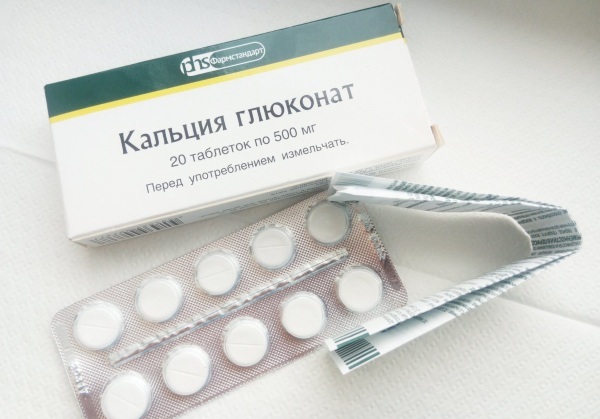
The specific dose is determined by a specialist after examination. The duration of the patient's treatment can be 3-4 weeks. If necessary, a second course can be completed in 2-3 months.
Adult patients should take the remedy before meals with milk. Allowed to be consumed after meals, but not earlier than after 1-2 hours. You should not take the entire daily norm at once, you must divide it into 3-4 parts and use it during the day at regular intervals.
For pregnant
For pregnant women, the drug is prescribed according to the standard scheme. The daily dosage depends on the patient's condition and the level of component deficiency in the body. The daily rate is 6-12 tablets. They are taken orally according to the standard scheme, that is, before or after meals, washed down with milk.
Some women use pills during the entire period of gestation, for others it is enough to take a course for 4 weeks. In each case, the decision is made by the doctor. During lactation, the drug is prescribed according to the same scheme, but the courses are usually short. It is important to take into account that a fairly large amount of the active substance passes into breast milk.
For the elderly
In elderly patients, the processing of the active substance in the body is slow, and increased doses of the drug can provoke severe complications. The maximum daily dosage for a patient is 2 g, that is, 4 tablets of 500 mg.
Large doses are hazardous to health. Reception is carried out according to the standard scheme, but the course lasts no more than 4 weeks. If the patient takes any medication on an ongoing basis, the doctor takes this into account and adjusts the dose. It is categorically contraindicated to independently prolong the course or increase the number of tablets.
Contraindications
Calcium in tablets (a cheap drug often leads to the development of complications) is not used in case of intolerance to the components of the composition or a tendency to similar manifestations.
There are other contraindications for therapy:
- Increased calcium in the patient's blood and urine. In this case, the patient's condition may not be disturbed, which is not considered a reason to ignore the condition.
- Sarcoidosis at various stages of development.
- Severe renal failure with impaired organ function.
- Renal failure, acute liver cirrhosis. With such violations, the processing of active ingredients may deteriorate, so you should not use the medicine.
- Severe form of vascular atherosclerosis with involvement of large vessels in the pathological process.
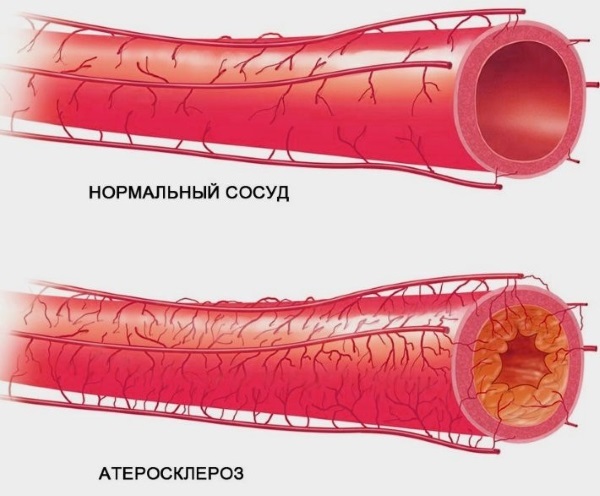
- Systemic blood disorders, accompanied by increased clotting as a result of an excessive number of platelets.
- The period of treatment with cardiac glycosides, which is obtained by processing digitalis.
- The recovery period after surgery on the organs of the digestive tract.
The agent is used with caution for patients with thrombophlebitis, varicose veins. For children under 3 years of age, the drug is also prescribed with extreme caution.
Overdose
The drug can provoke an overdose with prolonged use of it in high doses. In this case, hypercalcemia of varying degrees of neglect develops. The condition is accompanied by severe symptoms from the digestive tract and urinary system.
Patients talk about frequent urination and pain in the kidney area. They refuse food, which can lead to anorexia. Body weight gradually decreases, there is dryness of the mucous membranes, constant thirst.
Sometimes patients report nausea and vomiting. People with pathologies of blood vessels and heart note tachycardia, increased blood pressure. Long-term use of the medication can provoke the formation of kidney stones.
It is worth noting that an overdose can be accompanied by mental disorders, as well as pain in the articular joints during movement and at rest. Arrhythmia is considered a dangerous manifestation of an overdose. In advanced cases, there is a coma that threatens the patient's life.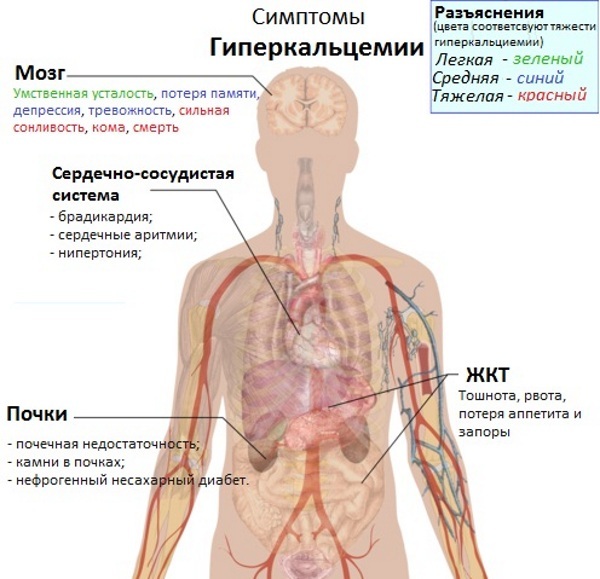
The drug has a specific antidote Calcitonin, which is administered intravenously in a hospital for 2-4 hours. In addition, other medications are used, depending on the manifestations of an overdose. If such manifestations appear, you should immediately consult a doctor.
Side effects
Calcium in tablets (cheap medication does not provoke complications in all patients) leads to the development of adverse reactions in case of violation of the instructions. Complications can also arise if the rules are followed.
Most common reactions:
- Persistent constipation, accompanied by flatulence, bloating, pain. Intestinal colic sometimes develops. Only in some cases does the use lead to the development of diarrhea.
- Pain in the stomach, in which nausea appears, possible bouts of vomiting.
- Decreased appetite, increased thirst.
- The formation of calcium stones in the intestine as a result of prolonged use of the drug.
- Pain in large joints. In this case, the knee and hip joints are affected. In some cases, there is a lesion of the shoulder and elbow joints.
- Swelling of the lower extremities, especially in the evening.
- Kidney pathology against the background of increased load on the paired organ with the use of calcium.
- Increased levels of calcium in urine and blood.
- Decreased heart rate.
- Increased sweating, weakness and fatigue.
- Decreased performance, memory impairment and concentration.
Sometimes the side effects are in the form of allergies. A rash, burning sensation and itching appear on the patient's body. Patients scratch the affected area, which leads to an aggravation of the condition. Allergies can affect the mucous membranes of the nose and eyes, rhinitis and conjunctivitis develop.
If negative reactions appear, you should immediately stop using the medication and visit a doctor. If symptoms are not expressed, special treatment is not required; if the condition worsens, symptomatic therapy is used.
Drug interactions
Do not prescribe a medicine in combination with drugs from the group of cardiac glycosides, since there are possible serious complications from the heart. You can not take calcium in tablet form simultaneously with tetracycline antibiotics, which is associated with a weakening of the effectiveness of the latter.
The weakening of the effectiveness of calcium channel blockers is observed with the simultaneous use of calcium. Prescription with drugs having the same composition and principle of action is not allowed.
Do not use tablets in combination with thiazide diuretics, as the risk of a critical increase in the level of calcium in the blood increases. It is allowed to use the medicine simultaneously with vascular, anti-inflammatory, antiarrhythmic medicines.
There is no development of negative reactions when used with antihypertensive drugs, dietary supplements, pain relievers. In each case, prior consultation with a doctor is required if any medication is required.
Storage conditions and periods
The drug should be stored for 5 years. At the same time, it is important to prevent moisture and sunlight from entering. It is also necessary to keep the tablets away from children. The date of manufacture of the drug is indicated on the package, use after the expiration date is categorically contraindicated.
Conditions of dispensing from pharmacies
The tablets are available at the pharmacy without a prescription from a doctor, making it easier to obtain.
Analogs
In the absence of an original drug, it is allowed to use analogs that have a similar composition.
Most popular substitutes:
-
Kalcemin - tablets for oral administration, which contain calcium in the form of citrate and carbonate. In addition, the composition is enriched with vitamin D. The remedy is prescribed to patients, if necessary, to compensate for the calcium deficiency in the body, which occurs against the background of various disorders. The daily dosage for an adult is 2 tablets. The drug is taken for 4-8 weeks, depending on the patient's condition.
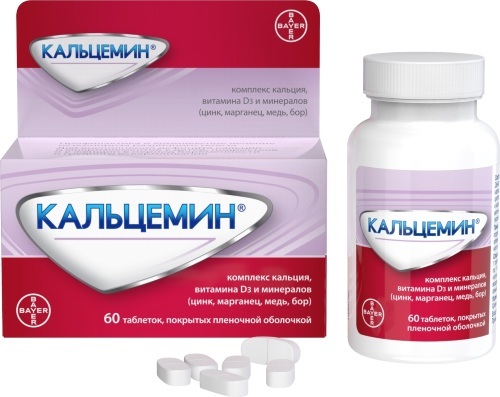
- Calcium D3 Nycomed Is the most popular substitute available in a variety of flavored chewable tablets. The remedy is indicated in case of calcium deficiency in the body, additionally contains cholecalciferol, which improves the condition of bone tissue. Take the medicine for 2-6 weeks, 2 tablets per day. The drug is highly effective.
Analogues contain calcium in other forms, but are also effective. It is better to coordinate the application with a specialist.
Calcium is an important and essential mineral component that takes part in many processes in the body. Means in tablets are considered the best option for filling the deficit. A cheap medication is also effective, but experts do not recommend using it without a preliminary examination.
Video about calcium tablets
Indications and instructions for Calcium gluconate:

